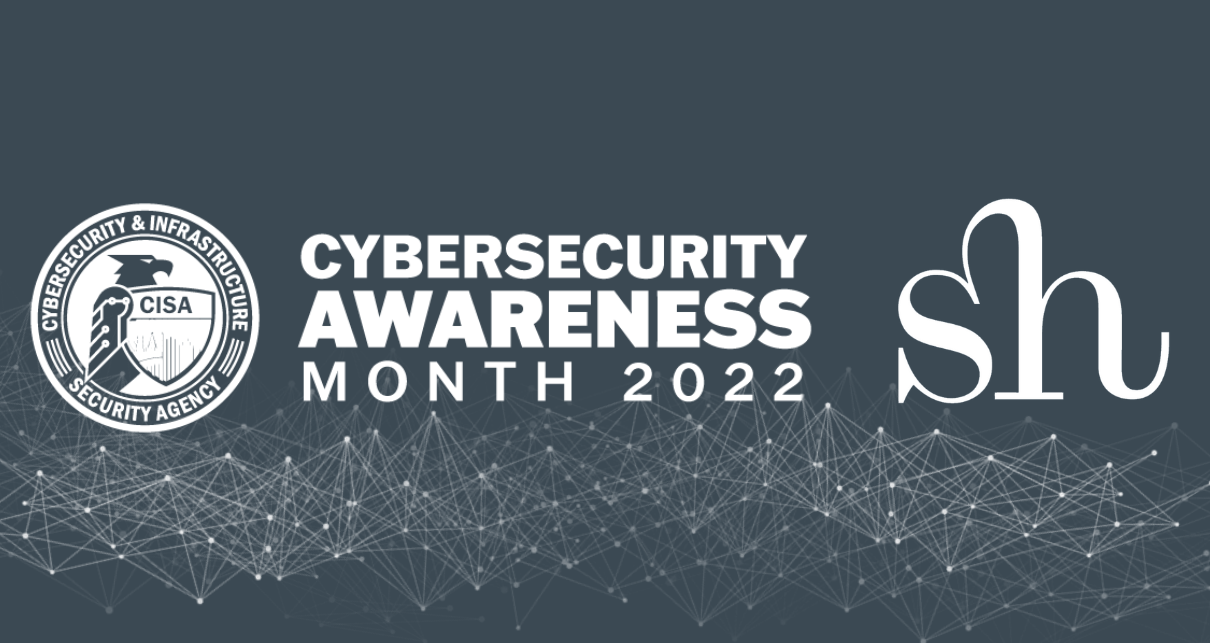

Top Tips for Breaking into Cybersecurity Leadership
Breaking into cybersecurity is tough – breaking into cybersecurity leadership is arguably even tougher. The roles that exist in this space are few and far between, and the number of competent individuals competing for these positions skyrockets. Having worked as a Senior Consultant specializing in cybersecurity leadership, I want to share some of my “top tips” to break into the leadership realm.
Ability to communicate effectively
As the cyber field is growing so fast, teams are now looking for candidates with the ability to communicate effectively as the likelihood of you working with non-security and non-technical folks more often than your own team is high. When discussing issues such as budgeting with the board, it is important to go into these conversations knowing that these individuals might not have the technical knowledge that you do, so having the ability to communicate technical topics in a non-technical way is imperative.
On the other hand, active listening is as (if not more!) important as communication. Listening to your team, listening to others in the organization and helping to be an ambassador for positive change are all actions that will help set you apart. This enhances your ability to have a 360-degree view of the business and adapt the work you are doing to ensure everyone in the organization is being listened to. Some of the best ideas come from active listening, so don’t dismiss the importance of this!
Continued education and learning
By having an innate desire to continue learning and immersing yourself in cyber news, you will remain on top of all of the current trends and threats within the market as they shift rapidly. It is also important to continue to self-teach on leadership. You are never “done” learning, even as a leader, and the individuals that continue to stretch themselves on what effective leadership means go far.
Some resources are:
- Podcasts (Darknet Diaries, Smashing Security, CyberWire Daily, Diary of a CEO)
- Books (7 Habits of Highly Effective People, Leaders Eat Last, Good to Great
- Mentorship (Join Leadership forums, Security forums, attend conferences etc.)
By taking the time to develop in both security and in leadership, you are well on your way to becoming an impactful security leader.
Communicate your wins and shout about failures
The ability to communicate your wins and losses to your managers is imperative. . By highlighting what you have done successfully will help shed light on projects and initiatives that have taken off. Also, sharing learns from failures will show self-awareness and perseverance in the face of adversity.
So if you’re doing all of the above, what are some practical ways to actually show your manager that you are ready for promotion?
- Create a brag book – even the most diligent managers can’t have their eyes on you all the time, so it is important to be your own self-advocate and keep track of any small wins and major wins that you have had in a ‘brag book’. This can be an actual book you can purchase, a word document, PowerPoint slide, or note in your phone. Honestly, it doesn’t matter, as long as you are tracking your successes. If you work with set targets, make sure to note these down so you can see how you are progressing against them over time.
- Go one step further and create a brag wall – if you really want to go above and beyond, introduce the brag board to the rest of your team! This will really help you to see how far you’ve come, and your manager will be able to clearly see all the hard work both you and your team have been putting in.
- Collect peer feedback - collect feedback from your team in a separate email folder and include these quotes in your brag book! It’s really nice to get an outsider's viewpoint as well to see how you are impacting others around you.
- Act in the role you want – by understanding the skills and behaviors needed for the role you are looking to move in to, there is nothing better than starting to proactively “act” in that role. Take initiatives of projects, gain mentorship from other individuals in that role, and make sure you consistently ask for feedback from your manager on what you can continually do to improve.
So, you’ve been diligently writing down your wins for months now, and the time has finally come when you have been promoted, congratulations! Now, how do we manage pay conversations? This is not easy, and there is a skill to doing this. My top tip would be to have as much data as possible available before starting any pay negotiations.
To start with, you should have a clear view of the current market and what other people in the industry are earning in the same space as you. The best way to find out current salary trends would be to:
- Talk with peers in different industries to discuss the target range
- Talk to cyber security recruiters (like us!) who are in the industry daily and can speak candidly about what salary range to target
- Utilize salary guides (see here)
As you can see, breaking into leadership is a process that won’t happen overnight, but hopefully, some of the ideas I have picked up from my time in this space will help you get started. If you’re interested in learning about the open cyber opportunities my team is hiring for at the moment, please reach out to cybersecurity@stantonhouse.com




.png)